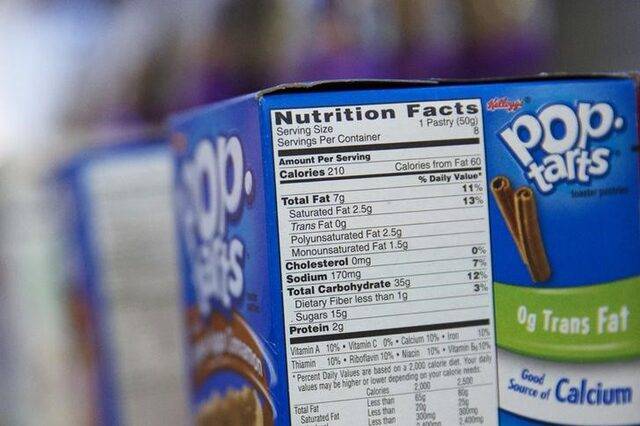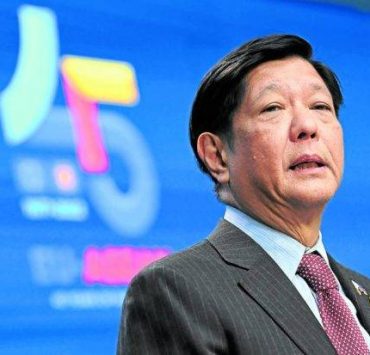Food makers buck blanket limit on sugar, salt content

A group of local food manufacturers is opposing the government’s plan to impose a blanket limit on sugar, salt, trans fat and other ingredients of food products, reasoning that such caps should vary depending on the category of goods.
Philippine Chamber of Food Manufacturers, Inc. (PCFMI) executive director Mario Capanzana noted that the National Nutrition Council (NNC), an attached agency of the Department of Health, is looking to impose such caps.
“If you look at it, in the current version, there seems to be a one-size-fits-all (approach) in terms of the cut-off on the nutrients of concern,” he said, mentioning in particular the desired sugar, salt and trans fat content in the planned regulation.
The PCFMI official said that the salt content in cheese, for instance, would be different from the volume found in sardines or corned beef.
“It should depend on the food category because [salt] has different functionalities,” he said, citing its effect on the shelf life of a particular food category.
He said that such planned regulation would also be used as the basis for pending bills in Congress, highlighting the need to “get it right” at the NNC level.
Capanzana said that this information would also be displayed on the labeling of food and beverage products.
The United Nations International Children’s Emergency Fund (Unicef) has highlighted the importance of front-of-pack nutrition labeling, especially in childhood health and the fight against obesity.
“[Front-of-pack nutrition labelling] on prepackaged foods and beverages can provide quick and easy-to-understand information for consumers at the point of purchase, allowing them to distinguish between healthy and unhealthy food and drink options,” Unicef said in a 2021 policy brief.
“Labels that minimize effort allow shoppers to swiftly identify which items are unhealthy and decrease their intention to purchase such items, while also increasing their intention to purchase something healthier.”
To curb unhealthy dieting, Unicef has called on its member states—including the Philippines- to implement a comprehensive suite of food environment regulations and policies. —ALDEN M. MONZON INQ

















